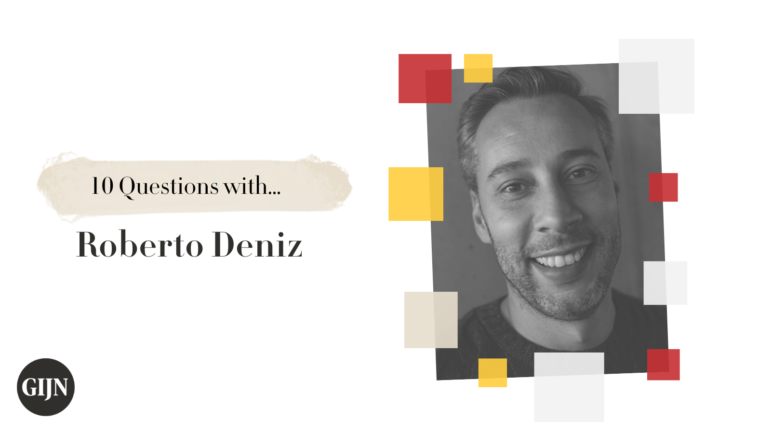
10 Questions
Forced into Exile After Investigating Corruption, Continuing to Report on Venezuela from Afar
Tips on persistence from a permanently exiled reporter whose multi-year investigation was turned into an Emmy-nominated documentary.

Tips on persistence from a permanently exiled reporter whose multi-year investigation was turned into an Emmy-nominated documentary.
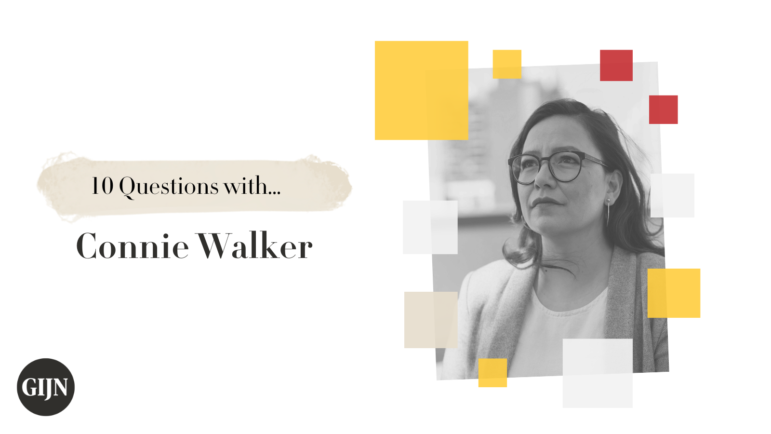
Pulitzer Prize-winning reporter Connie Walker discusses her favorite podcast tools, the ‘radical transformation’ of how Indigenous issues are covered, and building trust with sources.

The investigative journalist — who has covered Iraq’s secret sex trade, the Yemen war, and the Sanaa funeral bombing — shares insights from working on a difficult beat.

Brazilian freelance reporter Hyury Potter recently won the Pulitzer Center’s Breakthrough Journalism Award.

In a career spanning more than 20 years, Le Monde reporter Stéphane Horel has brought a creative and, at times, humorous approach to groundbreaking environmental investigations.

The managing editor of HumAngle, which covers the human costs of conflict and terrorism, discusses the challenges of investigative coverage in Nigeria.

GIJN’s Benon Herbert Oluka talks to Golden Matonga, investigations director at the Platform for Investigative Journalism – Malawi, about his career uncovering corruption.

Investigative reporter Annie Hylton on her journey from law to journalism, overlooked stories, and advice for interviewing sources living with trauma.

Throughout her career, the trailblazing Sydney Morning Herald investigative journalist Kate McClymont has exposed graft, bribery, and misconduct.

GIJN spoke with the northern Gaza-based journalist about how he has managed to survive and work as a watchdog reporter under harrowing, life-threatening conditions.

When the award-winning Folha de São Paulo journalist did an investigation into election disinformation, she became a target herself.

As one of the most respected journalists in Latin America, Carmen Aristegui has investigated political corruption and forced disappearances, never shying away from tough subjects.

As a member of The New York Times Visual Investigations team, Muyi Xiao reports on her native China using a combination of remote tools and interviews.
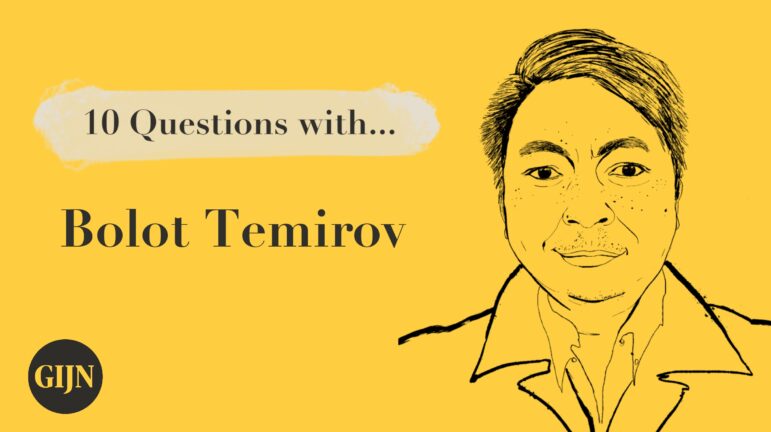
Bolot Temirov has led fact-checking and investigative journalism efforts to uncover high-level corruption inside Kyrgyzstan.
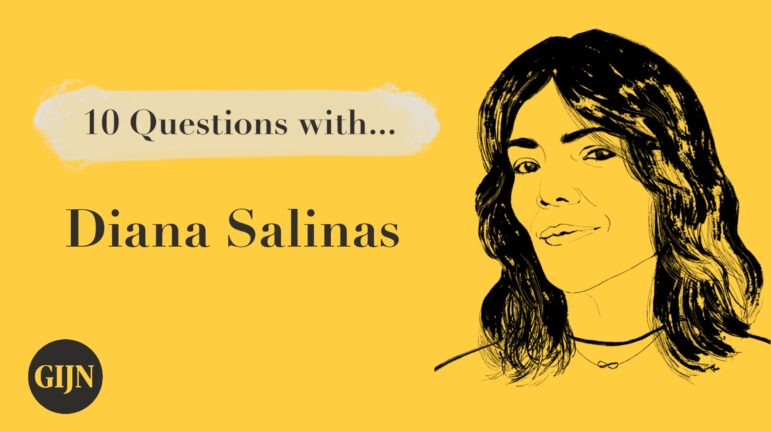
Diana Salinas is committed to uncovering wrongdoing and empowering more women to follow in her footsteps.
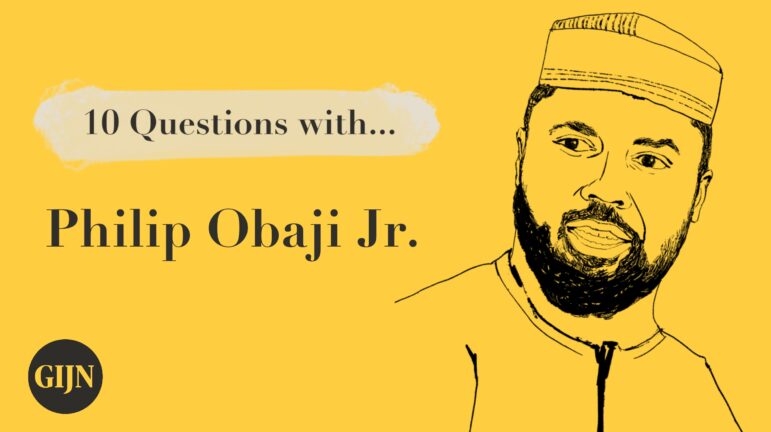
Philip Obaji Jr has— often at great risk — reported on Boko Haram, human trafficking, and Russian activities in Africa.
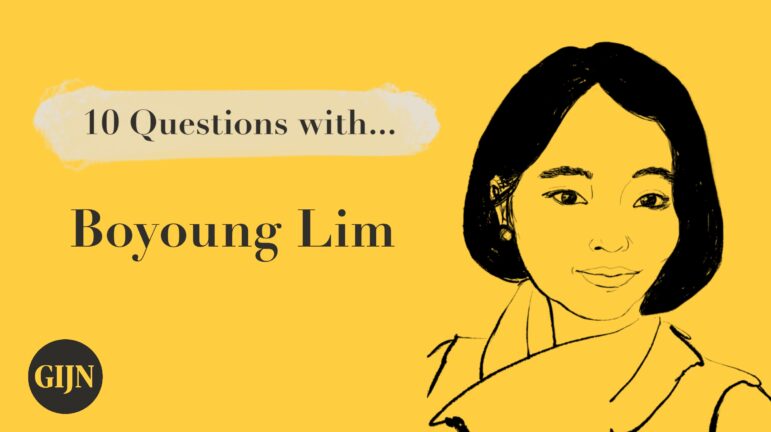
Boyoung Lim went from police officer to investigative reporter to head of the Pulitzer Center’s AI Accountability Network — a career trajectory neither linear nor planned.
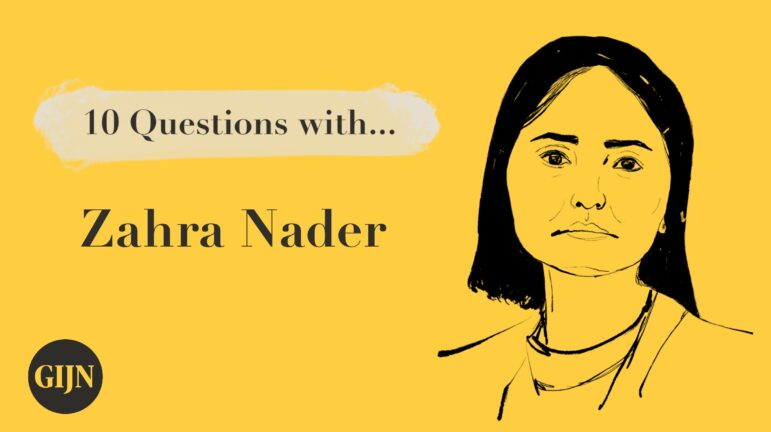
Working as a journalist in Afghanistan has never been harder, but it’s a chance to resist the Taliban’s oppression of women’s rights, says the founder of Zan Times.
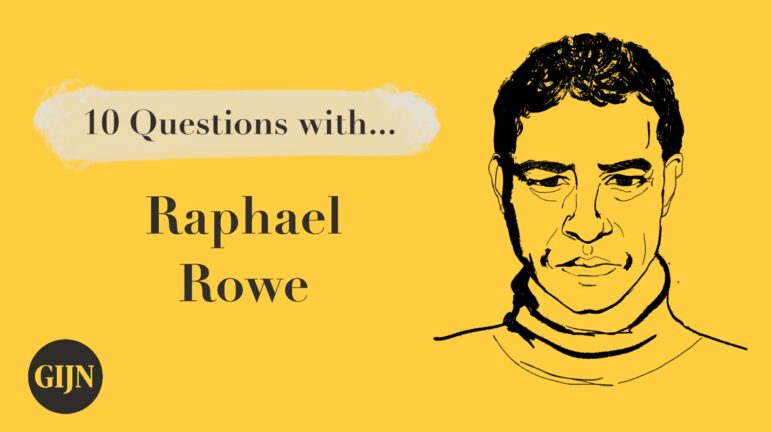
After being wrongfully convicted of murder, Rowe taught himself watchdog reporting while in prison, and eventually worked his way onto the BBC’s prestigious Today and Panorama programs.
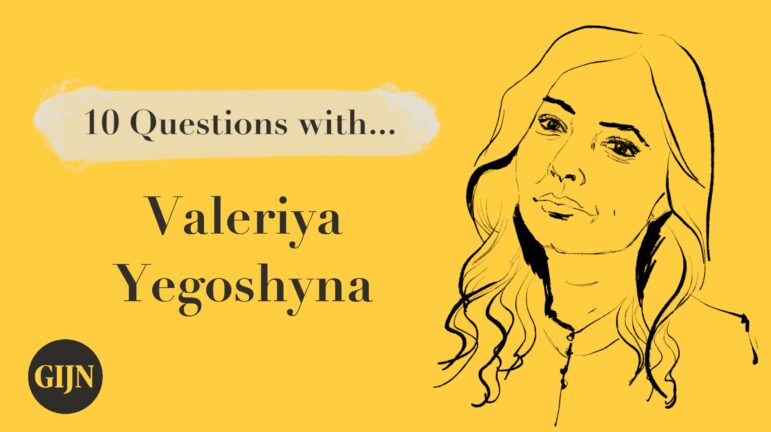
Valeriya Yegoshyna spent years investigating high-level corruption in Ukraine, but now focuses on investigating allegations of war crimes committed by Russian forces in Ukraine.
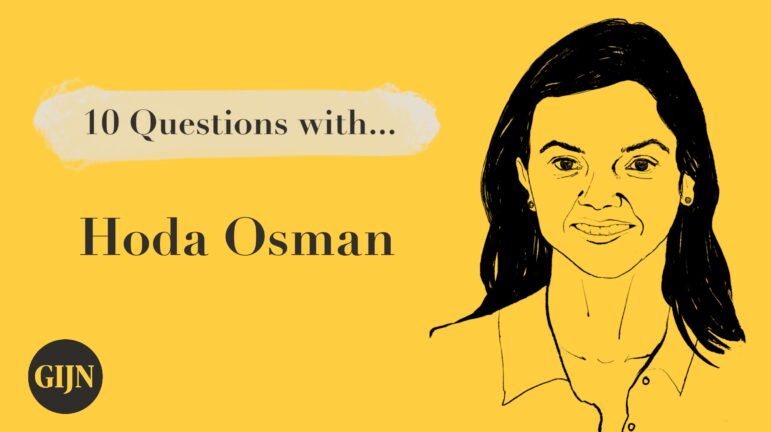
Hoda Osman, executive editor at Arab Reporters for Investigative Journalism (ARIJ), discusses how she still covers the region while based in the US.
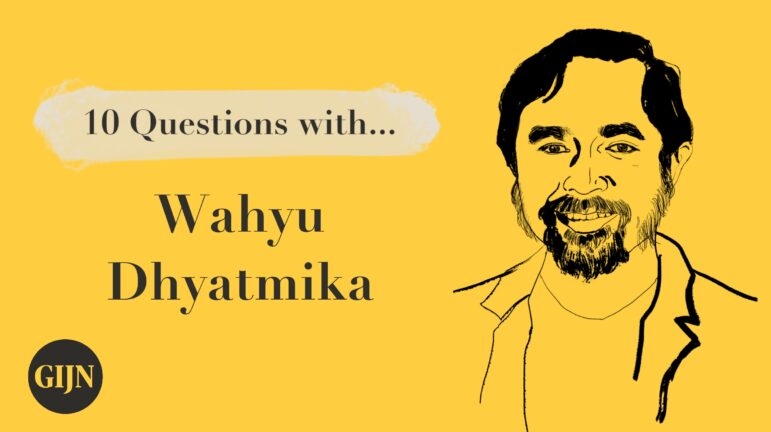
It’s impossible to discuss collaboration in journalism in Indonesia without mentioning Wahyu Dhyatmika who has played an instrumental role in many of the biggest investigations in recent years.
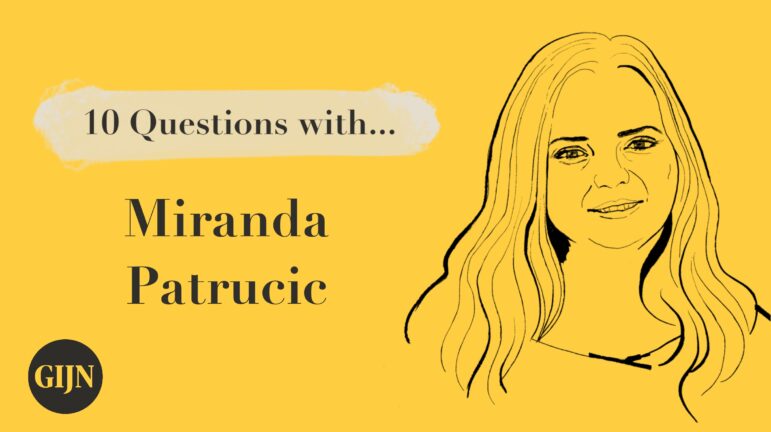
Miranda Patrucic built her career investigating crime and corruption in Central Asia and Azerbaijan. Hear her tips on avoiding burnout, difficult interviews, and in believing in your ability to uncover the truth.
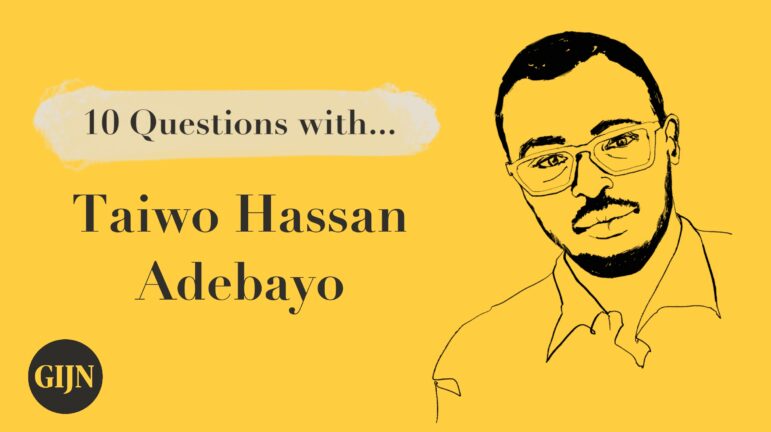
Hassan Adebayo has built a storied career at the Premium Times, leading investigations into terrorism and violent extremism, corruption, and financial crime.
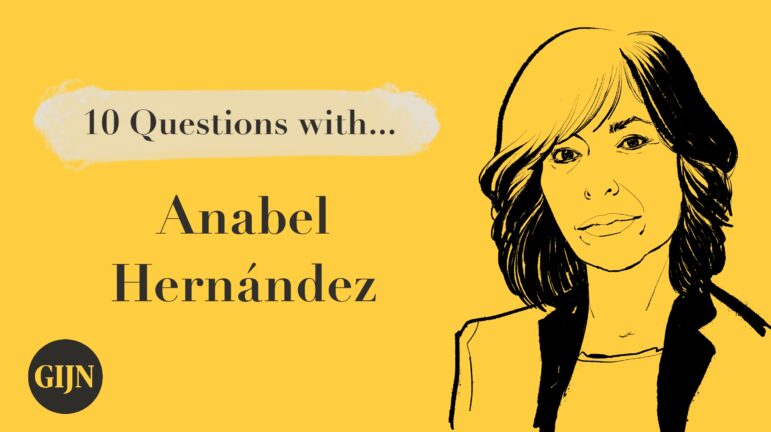
Anabel Hernández is one of the most prominent investigative journalists in Mexico. With more than 30 years of experience, she has dedicated her career to investigating organized crime and the complicity of politicians, the military, and businessmen in the war on drugs in Mexico and beyond.
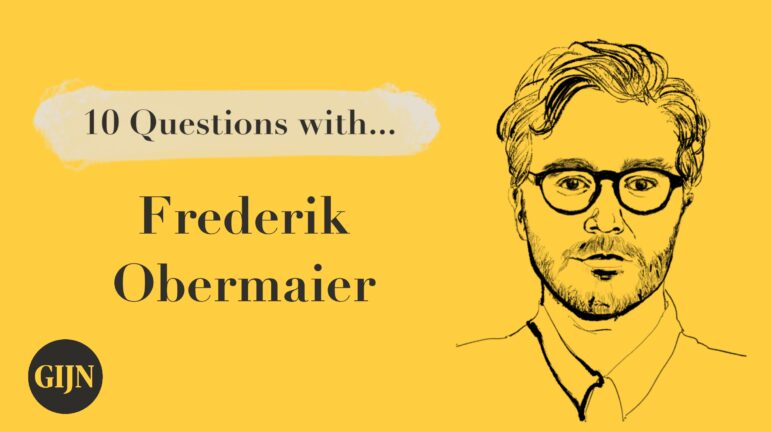
Several years ago a whistleblower reached out to the German newspaper Süddeutsche Zeitung with an enticing message: “Hello, this is John Doe… Interested in data?” That story would become the Panama Papers, the first in a number of international collaborations for investigative reporter Frederik Obermaier. Read his tips and advice about investigative reporting.
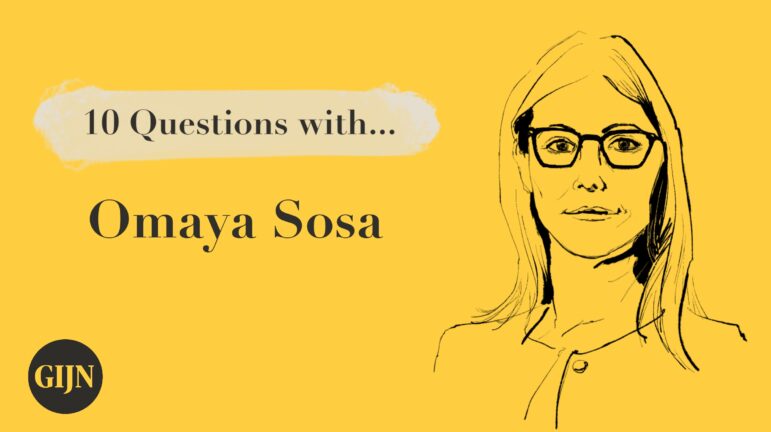
As part of our ongoing “10 Questions” interview series, GIJN’s Spanish editor Andrea Arzaba speaks with Omaya Sosa, founding co-director of Puerto Rico’s Center for Investigative Journalism.
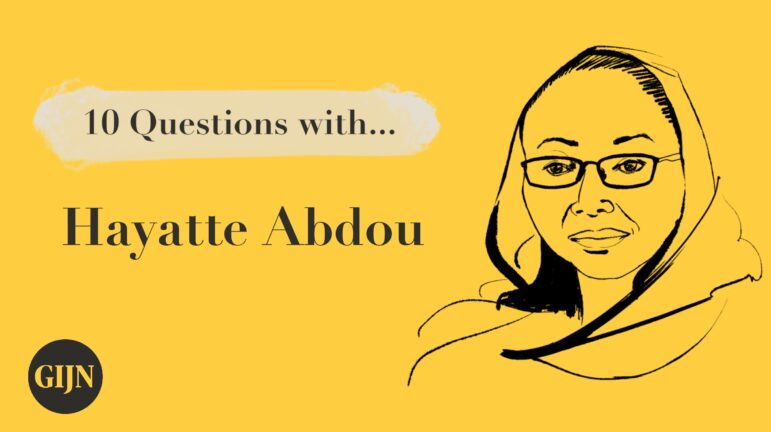
As part of GIJN’s ongoing interview series, we speak to Hayatte Abdou, one of the few investigative reporters in the small isanld nation of the Comoros.